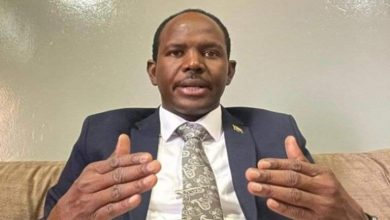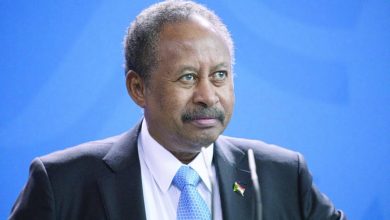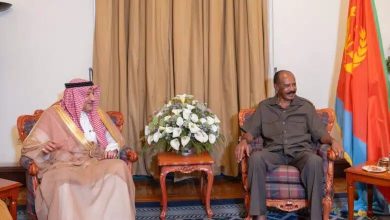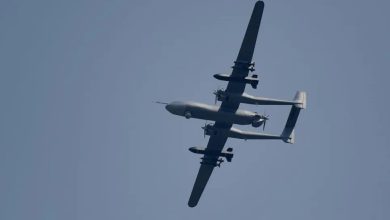Ex-President of South Korea in Solitary Confinement
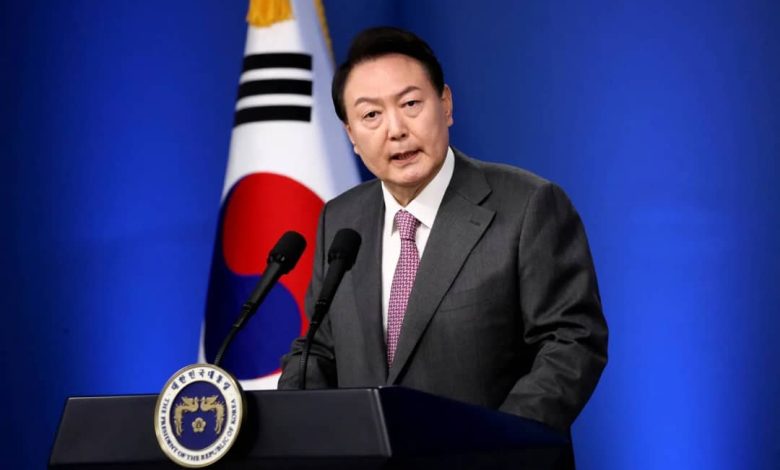
Former South Korean President Yoon Suk-yeol spent his first night in jail after having mugshots taken and undergoing medical tests, according to a prison official.
The court approved an arrest warrant for Yoon on Sunday, citing concerns that he might “destroy evidence” in an ongoing investigation, according to Agence France-Presse.
Yoon transitioned from being a temporary detainee to a criminal suspect, facing charges and a trial.
He was placed in a 12-square-meter cell at Oiwang Prison in a Seoul suburb on Sunday, as reported by Shin Young-hai, the Commissioner General of the Korean Correctional Service.
Shin informed lawmakers during a parliamentary session that “he was placed in a standard cell used for regular prisoners.”
Yoon’s cell, which usually accommodates five to six people, is similar in size to cells where previous presidents were held.
Shin confirmed that the ousted president, whose powers have been transferred to a temporary leader but who still holds the title, had a mugshot taken and underwent medical testing like other prisoners.
He added that Yoon “cooperated well with the procedures without any problems.”
Under prison regulations, Yoon will have to change out of his regular clothes and wear prison-issued khaki attire, and a number will be assigned to him.
Prison officials said his cell is equipped with a small table for eating and studying, a small shelf, a washbasin, and a toilet.
It also has a TV, but viewing time is strictly limited.
Prisoners are allowed to exercise for an hour every day and shower once a week, but local media reported that authorities will attempt to prevent him from interacting with other prisoners.
Reports also stated that he will be accompanied by special security whenever he leaves his cell.
Yoon is under investigation for several matters, including a charge of “rebellion” related to his sudden declaration of martial law on December 3.
He was ousted after the National Assembly passed a resolution for his impeachment in mid-December, and he was arrested on Wednesday.
This led to political chaos, and violent incidents on Sunday marked a new chapter in this deep crisis.
The court building in Seoul, where his detention was extended, was attacked by his supporters.
Supporters of Yoon protested angrily outside the court, and some smashed windows and stormed the building.
Police reported that dozens were arrested for the riot, and 51 officers were injured, some with head wounds and fractures.
Approximately 35,000 of his supporters gathered outside the court on Saturday, according to a police document seen by Agence France-Presse.
Yoon’s lawyers said he refused to attend questioning on Monday, and the corruption investigation office stated that it will consider “compulsory summons.”
Yoon was arrested on January 15 after the corruption investigation office (CIO) and police stormed his official residence in a first for a sitting president in South Korea.
On December 14, the National Assembly passed a resolution to impeach him, leading to the suspension of his duties, but he remains the official head of state until the Constitutional Court rules on his removal.
The court has until June to either confirm his removal or reinstate him. If his dismissal is confirmed, new elections will be held within 60 days.
